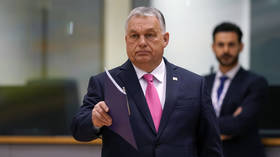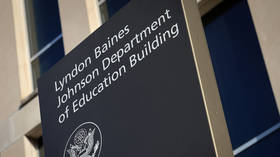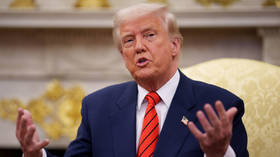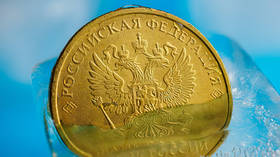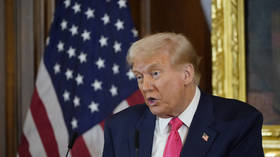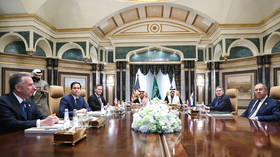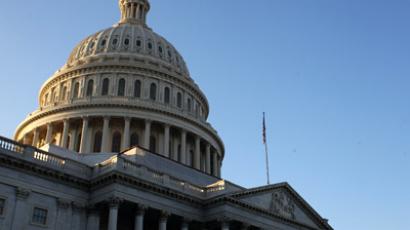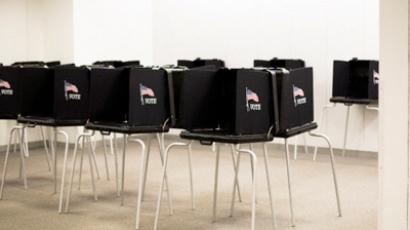ID laws keeping minorities, elderly from voting in US elections
Election day is fast approaching, with only 24 days until American voters head to the polls. But as the candidates make their final campaign push, controversy and questions surround the country’s electoral system.
The US prides itself on being a flourishing democracy, but critics say the nation’s election process is actually quite flawed – and many conservative politicians are making it worse. On the surface, Americans are encouraged to exercise their right to vote. However, many laws make it prohibitively difficult for them to do so.At the center of the debate are voter ID laws requiring citizens to possess photo identification in order to cast a vote.“There is an attempt to prevent large numbers of people from actually exercising their ballot," Jeanne Mirer from the National Lawyers Guild told RT.A proposed law in the swing state of Pennsylvania would require voters to show a state-sanctioned photo ID before being allowed to vote.In order to receive the required ID, voters would have to provide two proofs of residency, a birth certificate or citizenship papers, and a valid Social Security card. Documents like birth certificates or Social Security cards are often difficult to get if the originals are lost, and can take months to receive.Many states claim that such laws are intended to fight voter fraud. However, those opposed to the laws say they hinder the significant portion of the population that lacks IDs – mainly minorities and the elderly.Further, many states proposing such laws have in their entire histories faced only a handful, at the very most, of cases of voter fraud.The law is largely supported by Republicans, while being generally rejected by Democrats, who are most likely to benefit from minority and elderly votes.A Pennsylvania judge has ruled that the law cannot take effect before November’s presidential election. A December 13th hearing has been set to schedule further proceedings.Though stories of voter fraud in America surface from time to time, many of those casting ballots are doing so from beyond the realm of the living.Earlier this year, state officials in Florida found that 53,000 dead voters are still registered to vote in the state of Florida – equivalent to just under three one-thousandths of the state's population – raising fears that others could vote under those names.Election monitors are designed to stop election fraud, but don’t always succeed. And although it seems to be a well known fact that election polls could use more honest surveillance, many are unwilling to accept the challenge – because the polls are flawed at the very core.“Even the Carter Center, which goes abroad and does the great work of monitoring elections abroad, refuses to monitor US elections on the grounds that they don't meet the basic standard of integrity," said Jonathan Simon, co-founder and director of the Election Defense Alliance.But although America has its own struggles to deal with, it seems more focused on highlighting the flaws of other electoral processes abroad than dealing with domestic problems.“Our citizens are kept away from the voting booth by rules that are meant to keep away a certain segment of the population. We have a lot of nerve, frankly, criticizing other countries for the way they run their democracies," investigative journalist Brad Friedman said.US Secretary of State Hillary Clinton recently gave her opinion on several global elections, urging Kenya to hold free and fair elections just months after she called the Russian elections “neither free nor fair.”For more on the many controversies surrounding the US electoral system, watch Anastasia Churkina’s report.




